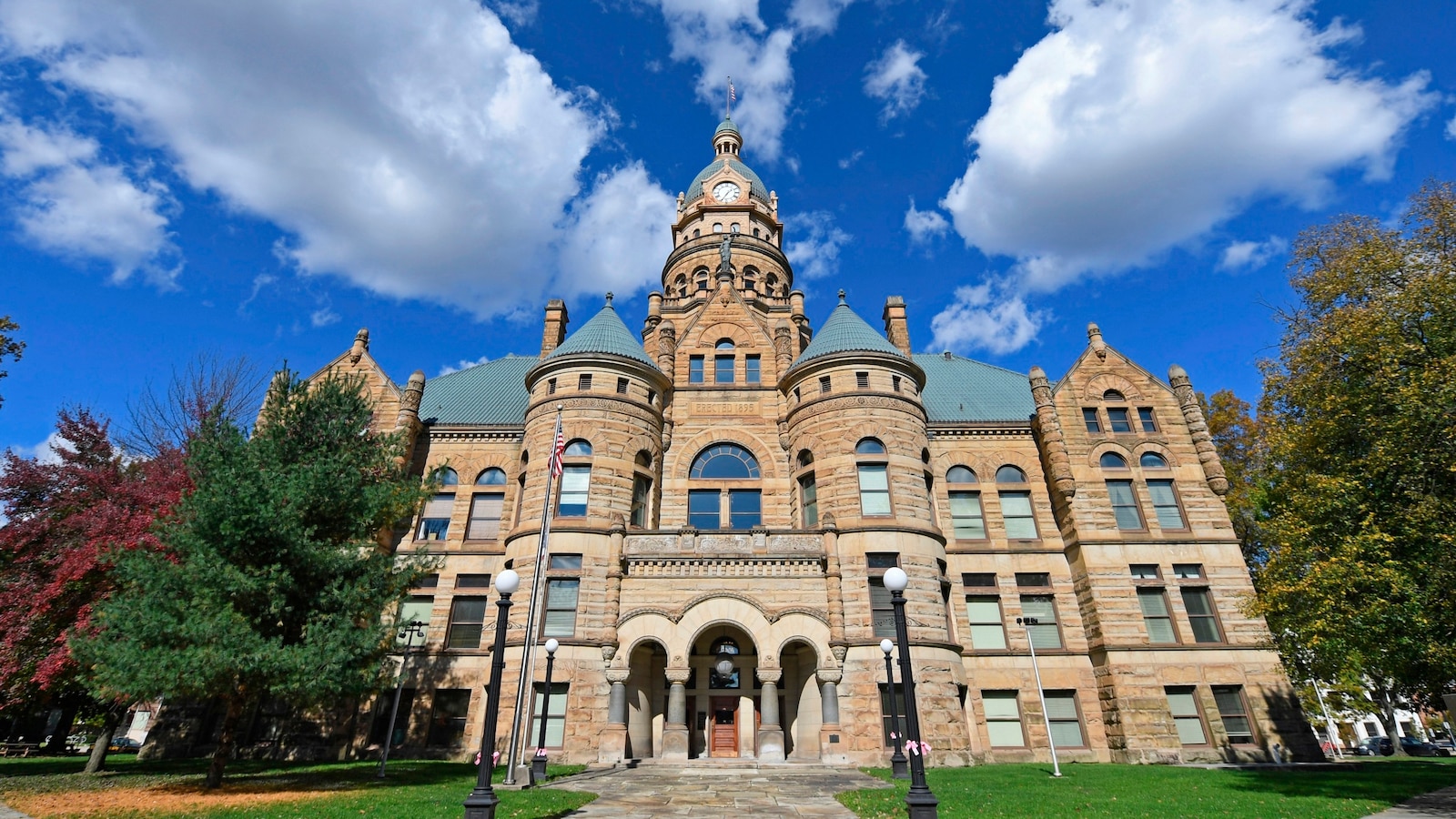Brittany Watts, 34, miscarried at nearly 22 weeks.
A grand jury decided Thursday not to indict an Ohio woman on allegations that she mishandled the remains of a fetus after miscarrying her pregnancy at home.
The case had alarmed reproductive rights groups and legal experts who said there is no clear guidance on how to handle an at-home miscarriage and that police and local prosecutors overreached by charging the woman, who is Black, with “abuse of a corpse.”
Brittany Watts, 34, of Warren, was arrested last October and pleaded not guilty to the charge. If convicted, she would have faced up to a year in prison. Because the grand jury decided not to indict, the case has been dropped.
…
A subsequent autopsy showed that the baby had died before being born due to a spontaneous miscarriage and that no illicit drugs were present. Watts was arrested two weeks later on accusations of “abusing a corpse.”



At least the grand jury had their heads on straight and realized how stupid the whole thing was.
If only a Grand Jury could do something about a prosecutor clearly overstepping with charges like this in the first place.
The grand jury is just an arm of the prosecutor. The old joke is that if the prosecutor wanted them to, the grand jury would indict a bologna sandwich for murder. More often than not, the GJ is used for political purposes, when it would be politically inconvenient for the attorney general (who is typically elected) to decide whether or not to prosecute someone.
Basically, the grand jury has two big caveats that make them easy to sway. First, there’s no defense attorney; The GJ is deciding whether or not there’s enough evidence to even accuse someone of a crime. Since nobody has been accused yet, there is no crime to defend against, and no defendant to hire a defense. So the only side that the GJ sees is the prosecutor’s.
Second, the prosecutor has full control over what evidence is the GJ is allowed to see. They can decide to exclude exculpatory evidence that would otherwise prove the suspect’s innocence. So even if the prosecutor knows the person is innocent, they can decide to exclude that evidence and get an indictment anyways. There are also much lower standards for evidence, because it doesn’t need to be admissible in court; The GJ isn’t a courtroom, after all. It’s the court’s job to decide if evidence is fair for a trial. But the prosecutor can just write “lol yeah I def did it, signed [suspect]” on a sticky note, tell the GJ that it’s evidence, and the GJ would need to accept it as evidence. Because again, the prosecutor has full control over what evidence the GJ is allowed to see.
So getting an indictment is extremely easy, but so is avoiding one; Since the prosecutor has full control over the evidence, they can just choose to not show any evidence and force the grand jury to rule based on that. And of course, they’ll refuse to indict based on the lack of evidence.
Again, the district attorney usually uses the GJ as a shield when it would be politically inconvenient to decide whether or not to charge someone. Maybe a cop killed someone and the public is out for blood. But the DA wants to maintain good relations with the cops. So they use the GJ as a shield; They don’t bring any evidence to the GJ, and the GJ is forced to refuse indictment. Now the DA can hide behind the GJ going “Aww I tried to prosecute them, but the big bad GJ refused to indict.” Now they look like a hero to the people for trying (which helps them maintain their position as an elected official) and they get to keep good relations with the cops. Alternatively, maybe they want to charge someone popular. They can mount a strong case for the GJ, force an indictment, then go “aww sorry guys. I didn’t want to prosecute them, but the big bad GJ has forced my hand.” In both cases, the DA is able to use the nameless faceless grand jury as a shield.
In this particular case, it was an overzealous judge who wanted to charge the lady. The district attorney didn’t want to refuse the judge outright. So the DA simply refused to bring any evidence before the GJ. The GJ was forced to refuse indictment, because they had no evidence to indict. Prosecutor is able to go “sorry I tried” while hiding behind the GJ and saving face with the judge.